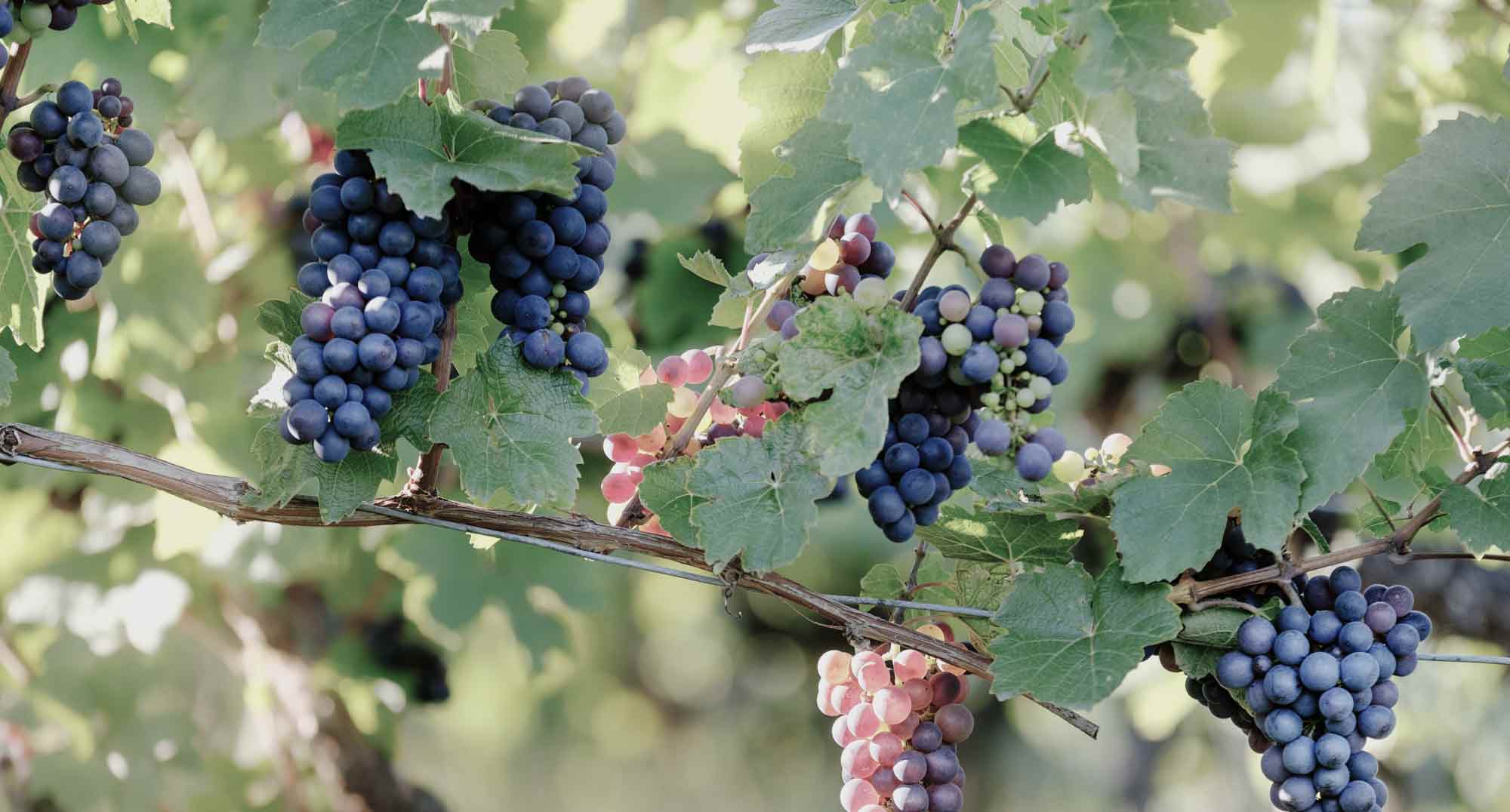Idolatry of Authority and the Supremacy of Christ
KC JONES|GUEST [4] I say this in order that no one may delude you with plausible arguments. [5] For though I am absent in body, yet I am with you in spirit, rejoicing to see your good order and the firmness of your faith in Christ. [6] Therefore, as you received Christ Jesus the Lord, so walk in him, [7] rooted and built up in him and established in the faith, just as you were taught, abounding in thanksgiving. [8] See to it that no one takes you captive by philosophy and empty deceit, according to human tradition, according to the elemental spirits of the world, and not according to Christ. [9] For in him the whole fullness of deity dwells bodily, [10] and you have been filled in him, who is the head of all rule and authority. (Colossians 2:4-10) It should not surprise us on this side of the Garden that the forbidden tree from which Adam and Eve took and ate the fruit was known as “the tree of the knowledge of good and evil” (Gen. 2:17). Knowledge has always been prized and coveted by mankind because of the inherent belief in all of us that it contains power. And, like Adam and Eve, we crave such power because we believe we can and should be in control of our own lives and perhaps over everything else in the universe. A People Deceived Paul warns the church at Colossae of this temptation. He writes, “See that no one takes you captive by philosophy and empty deceit, according to Christ. For in Him the whole fullness of deity dwells bodily, and you have been filled in Him, who is the head of all rule and authority” (Col. 2:8-10). This deception is of the same nature as that which the serpent used to lure and entice both the first man and woman to twist the words of their master and disobey His command. First, the serpent planted a seed of doubt by simply asking a question, “Did God actually say, ‘You shall not eat of any tree in the garden’?” (Gen. 3:1). The woman replies by correcting the serpent, yet she adds her own variation as well, “’We may eat of the fruit of the trees in the garden, but God said, You shall not eat of the fruit of the tree that is in the midst of the garden, neither shall you touch it, lest you die’” (vs. 2b-3) Eve’s alteration suggests that even before the rest of the story unfolds, she believes God’s rule is up for personal interpretation. She inserts herself as a figure of authority, adapting and using language to meet her own desires....










